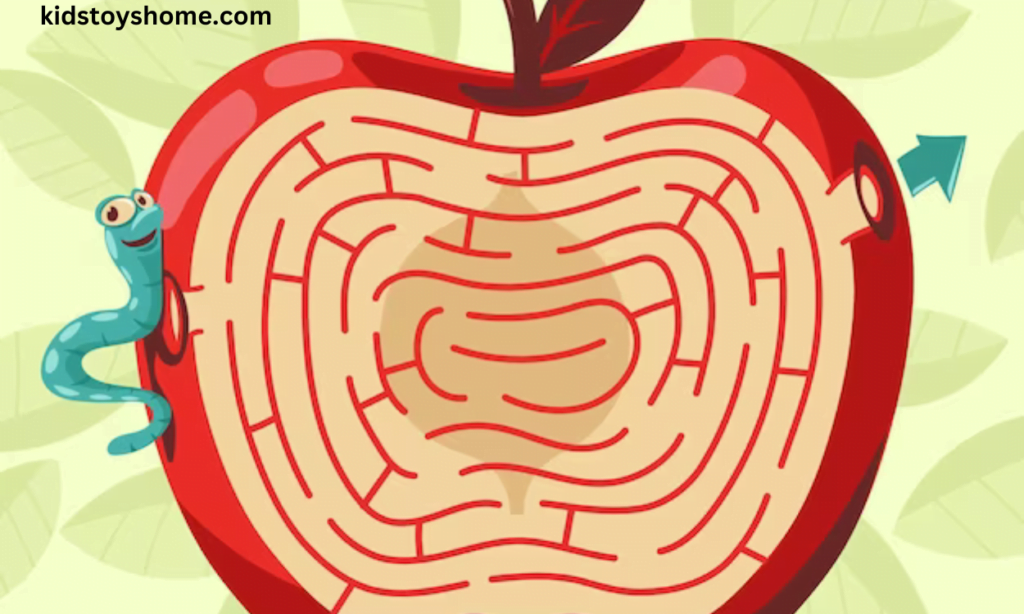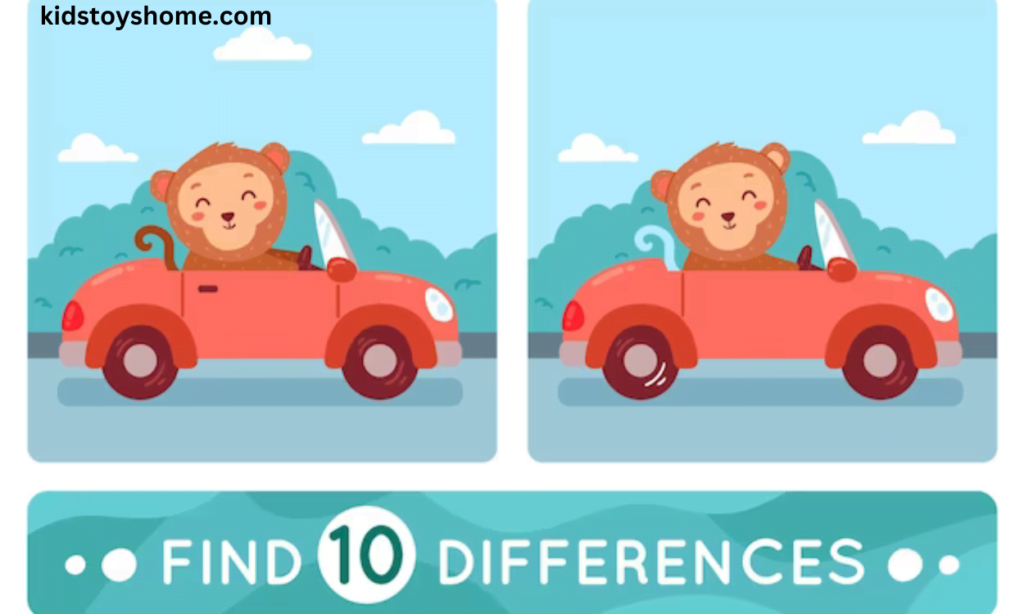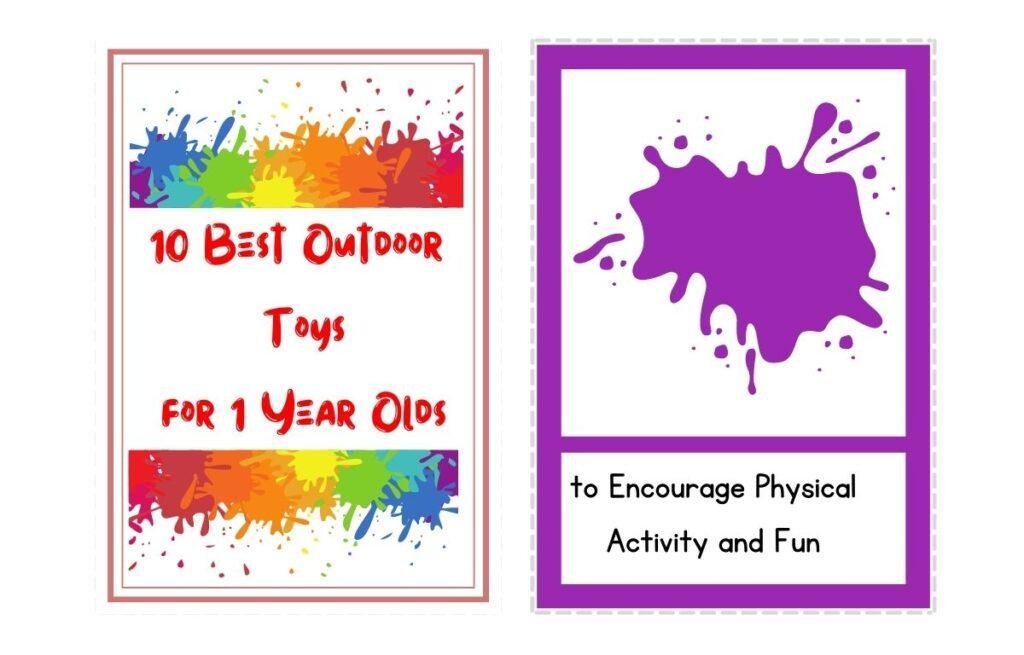Puzzles and Fun Brain Teasers for Kids are very curious things for parents. As parents, we all want our kids to have fun while learning cool things. Puzzles and brain teasers are awesome for that! They’re not just fun games; they help kids get smarter, too.
In this article, we’re going to check out how puzzles and brain teasers can make learning super cool and exciting for kids.
Puzzles and Fun Brain Teasers for Kids
For ages, puzzles and brain teasers have sparked excitement in challenging the minds of both kids and grown-ups alike.
They’re like a treasure trove filled with jigsaw puzzles, riddles, and other brain-bending games that don’t just entertain but also make our brains sharper. Studies show they’re fantastic for boosting critical thinking, problem-solving, and remembering things better.
As parents, nudging our kids to dive into these mind-stretching activities can be a secret tool for their school smarts and making life more awesome.

The Benefits of Puzzles & Fun Brain Teasers For Kids
Puzzles and brain teasers aren’t just fun; they’re like secret agents for kids’ growth. They’re the kind of games that make brains work smarter, and here’s how: First up, they’re super cool for making kids think logically and plan ahead to solve them. It’s like a cool mission that teaches them to tackle problems smarter and be awesome at lateral thinking.
Enhances memory retention
Puzzles and brain teasers require children to remember patterns, shapes, and solutions. This helps improve their memory retention skills, which is crucial for academic success.
Boosts creativity
These fun activities allow children to think outside the box and come up with unique solutions. This encourages creativity and imagination in kids, which is essential for personal growth.
Develops fine motor skills
Puzzles and brain teasers require children to manipulate small pieces and use their hand-eye coordination, which helps develop fine motor skills.
Increases patience and perseverance
Puzzles and brain teasers can be challenging, but solving them requires patience and perseverance. This teaches kids the value of not giving up and how hard work pays off.
With all these benefits in mind, let’s dive into mind-bending fun and explore some exciting puzzles and brain teasers for kids.

Enhancing spatial awareness and shape recognition
Many jigsaw puzzles are available in the market, ranging from educational ones with numbers and letters to fun ones with cartoon characters. Choose one that suits your child’s interests and watch them have hours of fun while developing various critical thinking skills.
Types of Puzzles and Brain Teasers
Puzzles and brain teasers are excellent tools for developing children’s critical thinking and problem-solving skills. They encourage logical reasoning, creative thinking, and the ability to persevere through challenges. Some types of puzzles and brain teasers can help children enhance their cognitive abilities.
1. Logic Puzzles:
These puzzles require kids to use deductive reasoning and systematic thinking to solve them. They involve arranging information or solving a problem based on a set of given constraints.
2. Riddles:
Riddles challenge children to think out of the box and make connections between seemingly unrelated ideas. They improve lateral thinking and encourage kids to consider multiple perspectives.
3. Math Puzzles:
These puzzles involve numerical calculations, algebraic manipulations, and problem-solving techniques. They help children develop analytical skills, logical thinking, and a deeper understanding of mathematical concepts.
4. Word Puzzles:
Crosswords, anagrams, and word searches fall under this category. They enhance vocabulary, spelling, and language skills. Word puzzles also require kids to think creatively and use pattern recognition.
By incorporating these various types of puzzles and brain teasers into their daily activities, parents and educators can greatly enrich children’s critical thinking and problem-solving abilities. These engaging activities instill a love for learning and provide a fun way to develop essential cognitive skills in kids.
Jigsaw Puzzles
Jigsaw puzzles are like time machines taking kids on an adventure! These classic brain games come in all sizes and challenges, fitting every age and skill level. But that’s not all – they’re not just brain boosters; they’re also like secret agents training kids’ hands and eyes to work together perfectly. It’s like a cool ninja training session, making their hands super coordinated and their eyes sharper than ever solving skills, but they also have other benefits, such as:

Riddles
Riddles are another great way to challenge your child’s mind. They come in the form of questions that require logical lateral thinking and critical analysis to solve. Riddles not only improve thinking skills but also enhance language skills and vocabulary. Here are some fun riddles for kids:
I have keys but no locks, space but no room, and you can enter but can’t go outside. What am I? (A keyboard)
What has a neck but no head and two arms but no hands? (A shirt)
What is so fragile that saying its name breaks it? (Silence)
Mazes
Mazes are perfect for children who love visual puzzles. They come in various forms, from traditional paper mazes to handheld electronic ones. Mazes require children to find their way through a complex path, which helps improve problem-solving skills and hand-eye coordination. They are also an excellent tool for developing patience and perseverance in kids.

Crossword Puzzles
Crossword puzzles are not just for adults; they can be a great source of mind-bending fun for kids too. These puzzles require children to use their vocabulary and spelling skills to fill in the blanks. Crossword puzzles are not only fun and challenging, but they also improve language skills and expand general knowledge.
Spot the Difference
Spot the Difference is a great activity for younger kids as it helps develop visual perception and attention to detail. Children are presented with two images that look similar but have subtle differences, and they have to find them. This activity not only improves observation skills but also helps develop patience.

Types of Puzzles and Brain Teasers for Kids: Developing Critical Thinking and Problem-Solving Skills
Puzzles and brain teasers are excellent tools for developing critical thinking and problem-solving skills in children. They encourage logical reasoning, creative thinking, and the ability to persevere through challenges. Here are some types of puzzles and brain teasers that can help children enhance their cognitive abilities.
1. Logic Puzzles:
These puzzles require kids to use deductive reasoning and systematic thinking to solve them. They involve arranging information or solving a problem based on a set of given constraints.
2. Riddles:
Riddles challenge children to think out of the box and make connections between seemingly unrelated ideas. They improve lateral thinking and encourage kids to consider multiple perspectives.
3. Math Puzzles:
These puzzles involve numerical calculations, algebraic manipulations, and problem-solving techniques. They help children develop analytical skills, logical thinking, and a deeper understanding of mathematical concepts.
4. Word Puzzles:
Crosswords, anagrams, and word searches fall under this category. They enhance vocabulary, spelling, and language skills. Word puzzles also require kids to think creatively and use pattern recognition.
5. Visual Puzzles:
Visual puzzles, such as jigsaw puzzles, optical illusions, and spot the difference games, develop spatial reasoning, pattern recognition, and attention to detail. They also train children to analyze visual information effectively.
By incorporating these various types of puzzles and brain teasers into their daily activities, parents and educators can greatly enrich children’s critical thinking and problem-solving abilities. These engaging activities instill a love for learning and provide a fun way to develop essential cognitive skills in kids.
Conclusion
Puzzles and math brain teasers are excellent ways to engage your child’s mind while providing numerous benefits for their overall development. They improve problem-solving skills, enhance memory retention, boost creativity, and teach valuable life lessons such as patience and perseverance.
So the next time your child is looking for something fun to do, encourage them to try out a puzzle or brain teaser and watch their minds expand.
FAQs
Q: Are puzzles and brain teasers suitable for all ages?
A: Yes, there are puzzles and brain teasers available for children of all ages, from toddlers to teenagers.
Q: Do these activities have any educational value?
A: Imagine puzzles and brain teasers as secret keys, unlocking a treasure chest of skills! They’re like magic potions that boost problem-solving ninja skills, supercharge memory powers, and even help with language tricks. Not just that, these mind-benders are like a mental workout for little fingers, making them super steady and precise. It’s like a superpower training camp hidden inside all the fun
Q: Can these activities be done alone or with a group?
A: Both options are available, and each has its own benefits. Solving puzzles and brain teasers alone can help improve focus and concentration, while doing them in a group promotes teamwork and communication skills.
Q: Where can I find different types of puzzles and brain teasers for kids?
A: Unleashing the world of puzzles and brain teasers for your kids is easier than ever! From cool toy shops to online treasure troves and even brain-teasing books, there’s a whole universe waiting to be explored. But that’s not all – the online world is packed with free printable puzzles and brain-twisters just a click away! Plus, there are these super cool apps specially designed for smartphones and tablets that bring brainy fun right to your fingertips. There’s a sea of options out there, so go for the ones that match your kid’s age and get them excited





